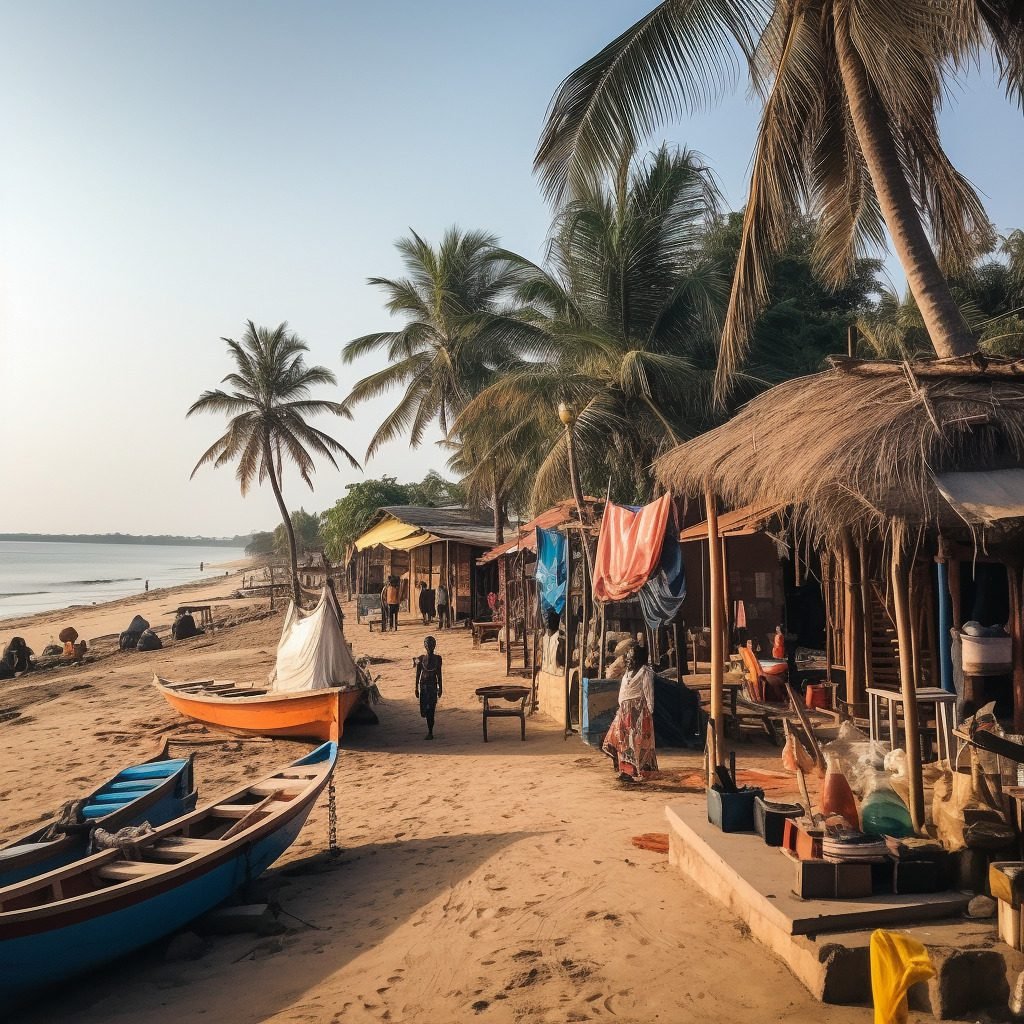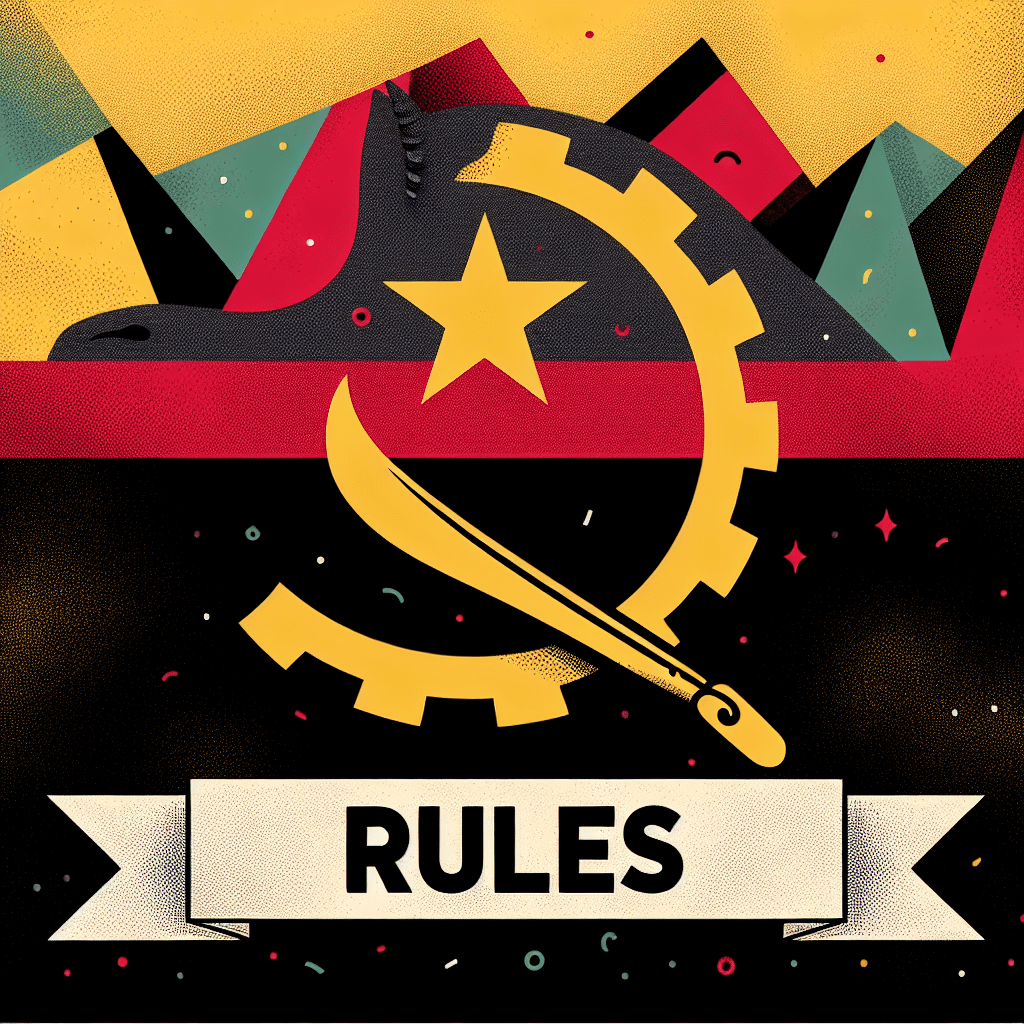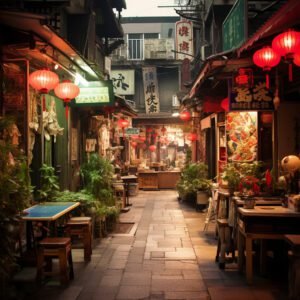
Introduction
When embarking on a travel adventure, it’s important to not only immerse yourself in the cultural wonders of a destination but also respect and follow the rules and norms of the country you’re visiting. By doing so, you not only exhibit good manners and cultural sensitivity but also ensure a smooth and enjoyable journey for yourself and those around you.
In this article, we will explore the key elements of Gambian rules and cultural norms that every traveler should be aware of. While we aim to provide valuable insights based on common observations and experiences, it is essential to note that rules and norms may evolve over time, and it’s always prudent to consult professional advice or research official laws before your trip.
Key Elements
Element 1: Dress Code
When visiting Gambia, it is important to dress modestly, particularly in religious or rural areas. Both men and women should avoid wearing revealing clothing such as shorts, mini-skirts, and sleeveless tops. It is respectful to cover shoulders and knees, especially when visiting mosques or other religious sites.
Element 2: Respect for Religion and Customs
The majority of Gambians practice Islam, and visitors should be mindful and respectful of Islamic customs. During the holy month of Ramadan, it is considerate to refrain from eating, drinking, or smoking in public places during daylight hours. It is also advisable to seek permission before photographing individuals, especially women, and be respectful of their wishes if they decline.
Element 3: Punctuality and Respect for Elders
In Gambian culture, punctuality is not as strict as in some Western countries. However, it is still important to be respectful of people’s time and arrive reasonably close to the agreed-upon time for meetings or appointments. Additionally, showing respect towards elders is highly valued in Gambian society. Greeting them with a respectful handshake and using honorifics when addressing them is considered polite.
Element 4: Currency and Bargaining
The official currency of Gambia is the Gambian dalasi (GMD). It is best to exchange your currency to dalasi at authorized exchange bureaus or banks. When shopping in local markets, bargaining is common practice. However, it is important to approach it with a friendly attitude and respectful demeanor. Remember that the goal is to reach a fair price that satisfies both parties.
Element 5: Photography Restrictions
While photography is generally allowed in Gambia, it is important to ask for permission before taking photos of individuals, especially in rural or remote areas. Some people may feel uncomfortable having their picture taken, so it is essential to respect their wishes. In certain areas, photography of military installations or government infrastructure may be prohibited.
Element 6: Drug Laws
Gambia has strict drug laws, and anyone caught in possession or trafficking drugs can face severe penalties, including imprisonment and fines. It is crucial to refrain from any involvement with illicit drugs and to avoid any suspicious substances or activities during your visit.
Tips for Traveling
Now that we have discussed some key elements of Gambian rules and cultural norms, let’s explore practical tips for traveling to Gambia:
- Research and Plan: Familiarize yourself with more specific laws and regulations before your trip. Research the local customs and traditions to help you blend in and avoid unintentional offenses.
Respect for Local Customs: Show respect for the cultural norms and customs by observing the dress code, seeking permission before taking photographs, and being mindful of religious practices.
Careful Communication: Engage in polite and courteous communication with locals. Learning a few basic phrases in the local language, such as greetings and expressions of gratitude, can go a long way in building positive connections.
Health and Hygiene: Drink bottled water, especially in rural areas, to avoid potential waterborne diseases. Carry hand sanitizer for situations where handwashing may not be easily accessible.
Transportation Safety: Ensure your personal safety during transportation. Use reputable taxi services or arrange transportation through your hotel. Avoid hitchhiking or getting into unmarked vehicles.
Responsible Tourism: When visiting wildlife reserves or national parks, follow the guidelines provided by authorities to protect the flora and fauna. Avoid touching, feeding, or disturbing any wildlife you encounter.
Travel Insurance: Don’t forget to obtain comprehensive travel insurance that covers medical emergencies, trip cancellations, and other unforeseen events. Check if your insurance includes emergency medical evacuation if needed.
It is imperative to remember that these tips serve as general guidelines and should be supplemented with your own research and professional advice. Gambia is a culturally rich and diverse country, and by respecting its rules and cultural norms, you can have a truly memorable and enriching travel experience.
Disclaimer:
The information provided in this article is for informational purposes only. Rules and cultural norms may change, and it is crucial to consult official sources and seek professional advice before your trip to Gambia. The authors and publisher disclaim any liability for actions taken based on the information provided.


